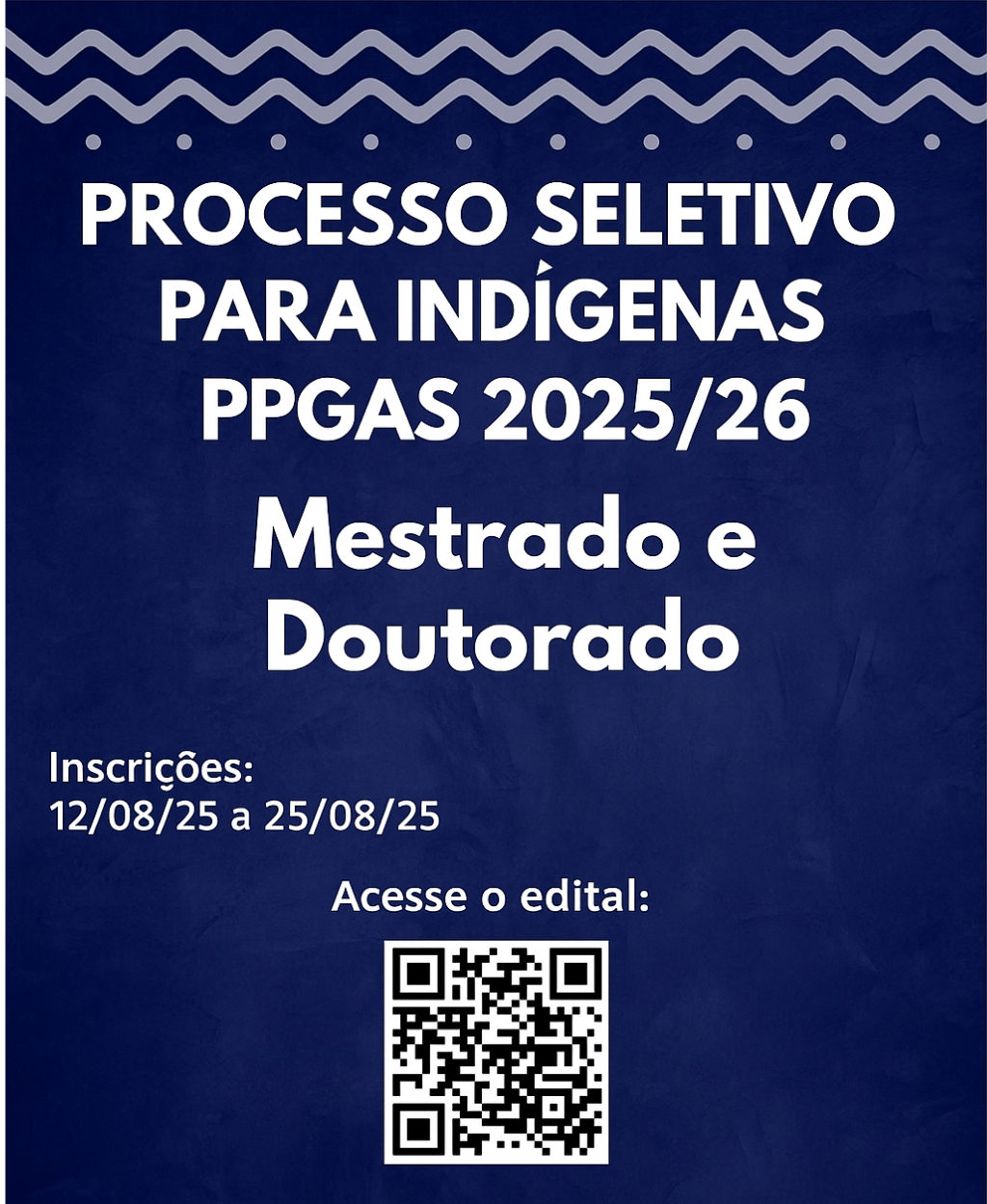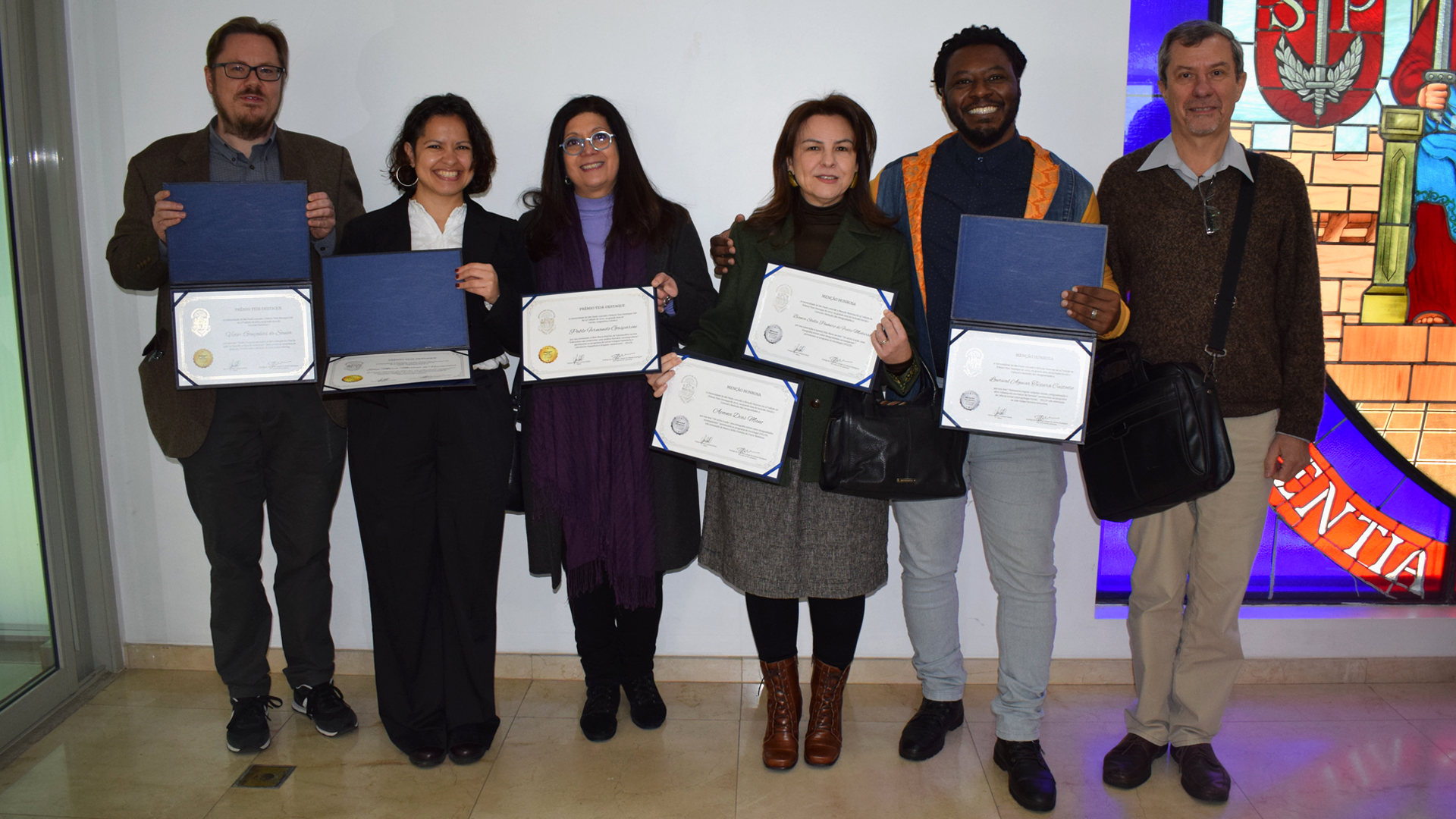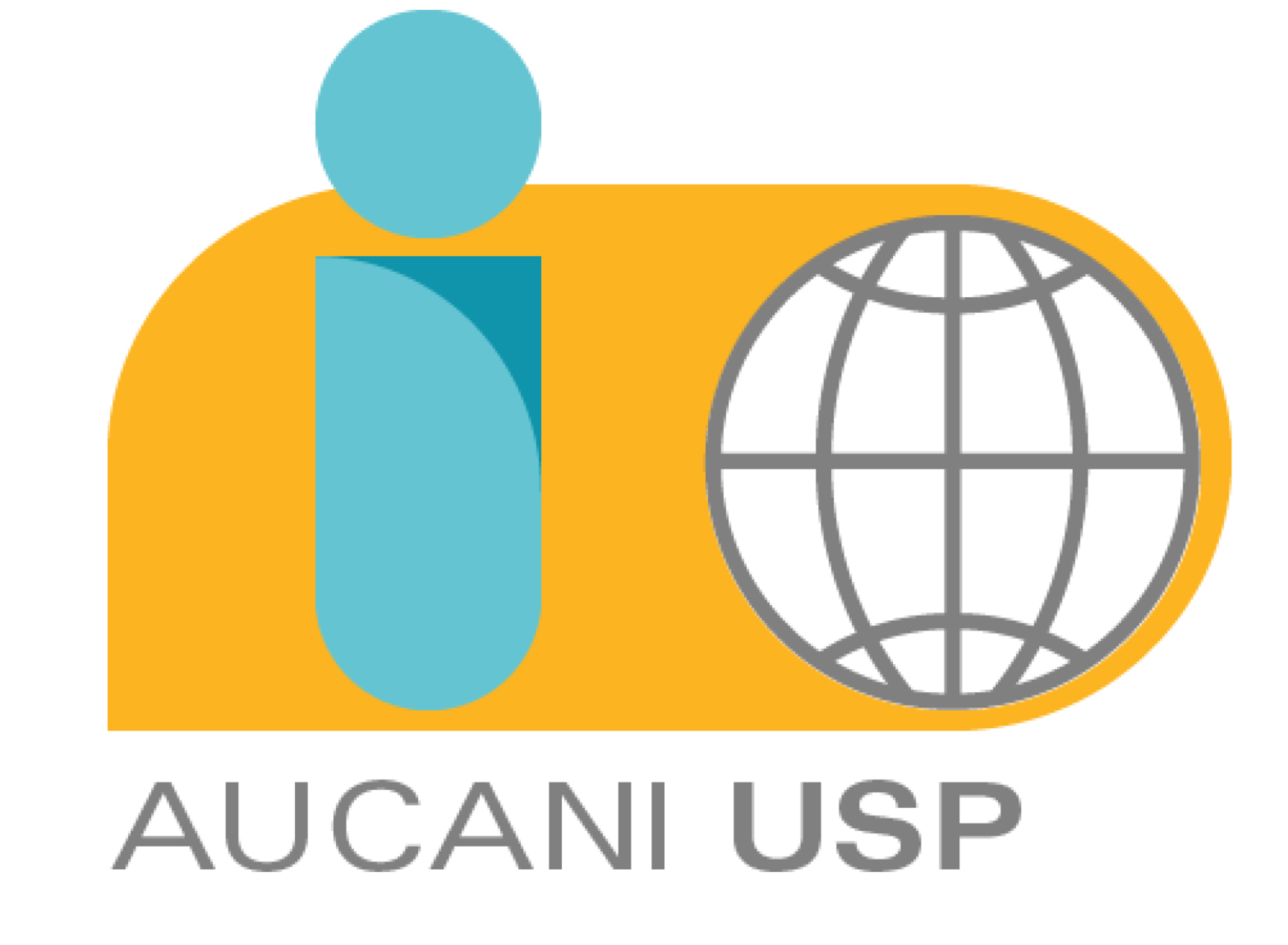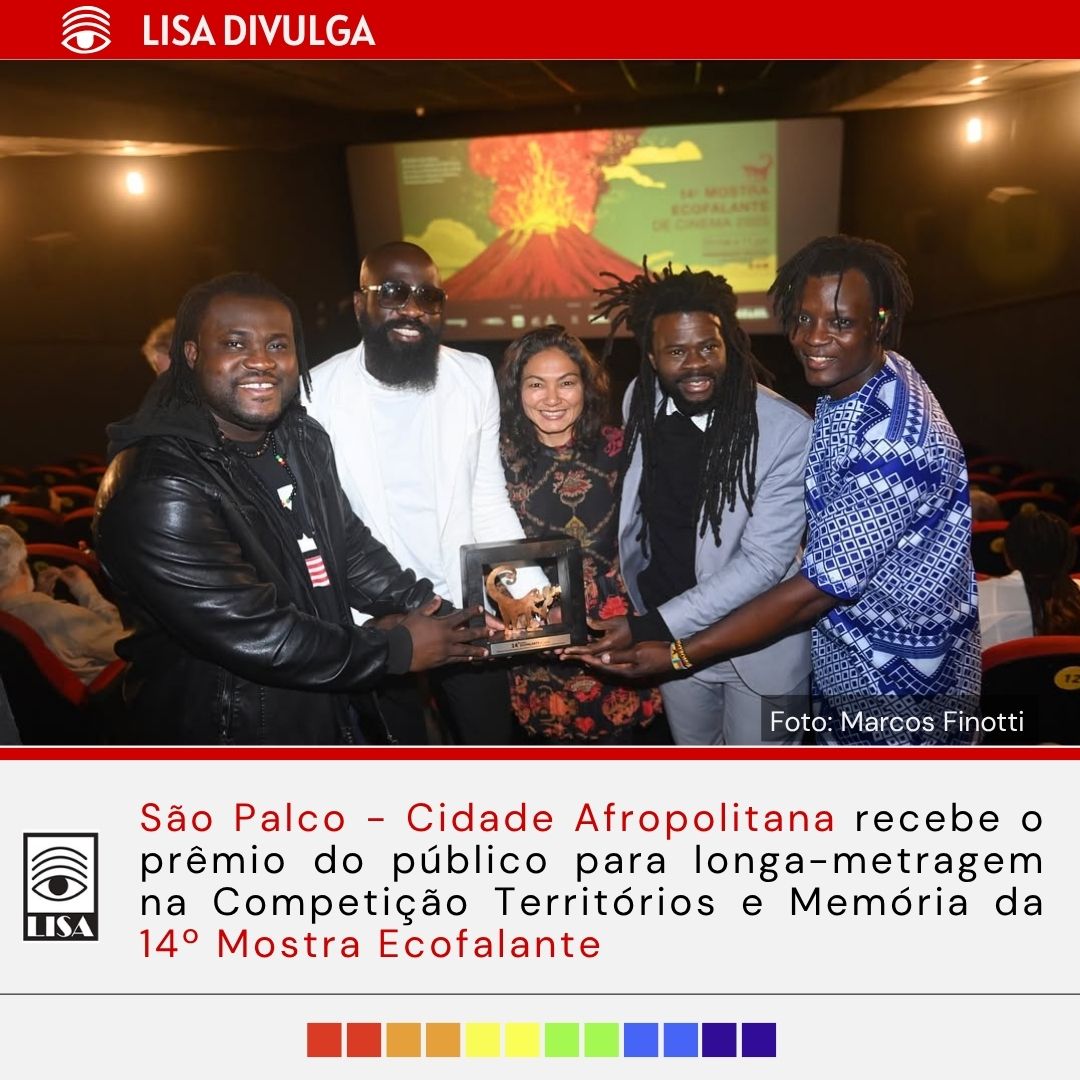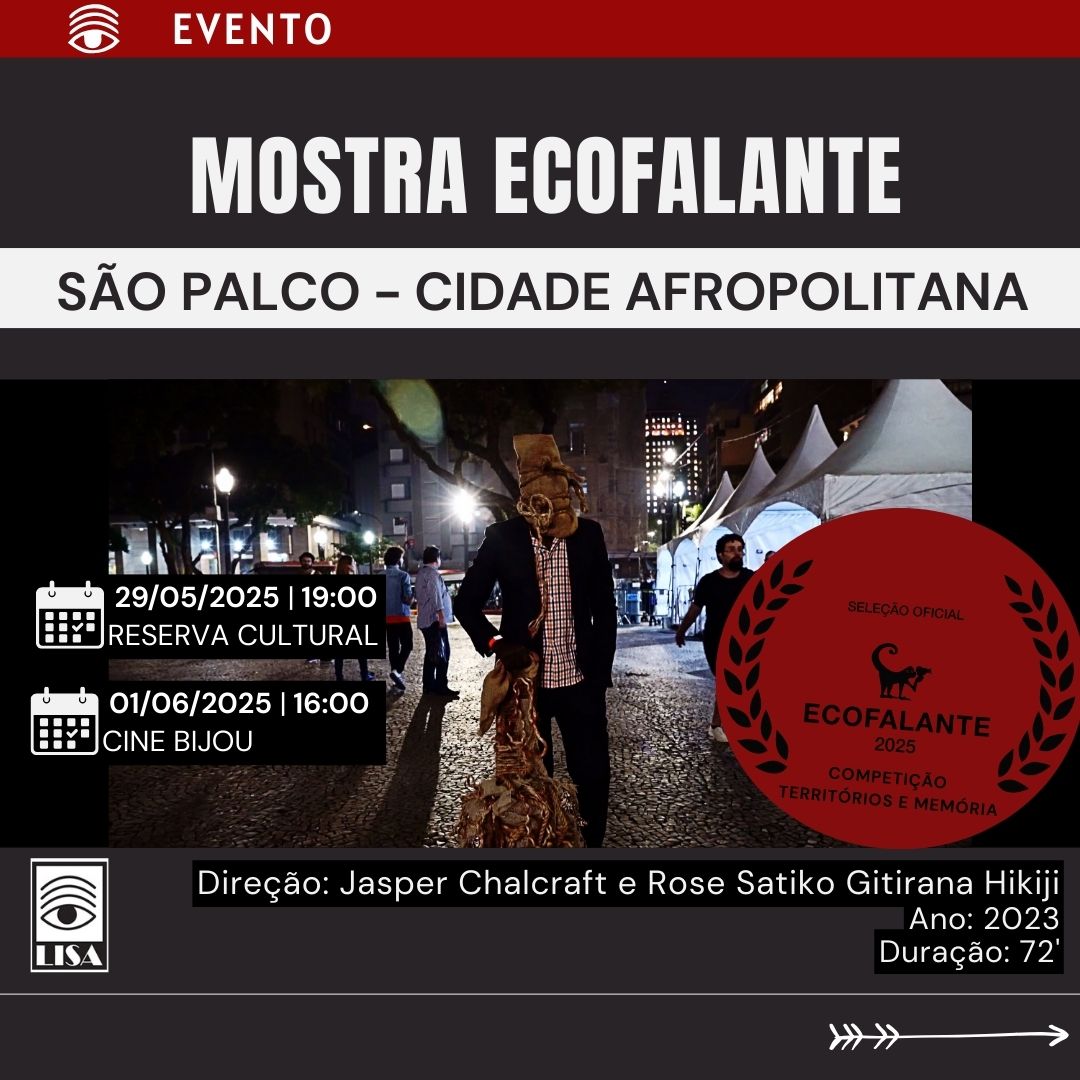News
For download: https://pedroejoaoeditores.com.br/wp-content/uploads/2025/08/EBOde-fazer-cidad.pdf
"The main challenge of this essential book, now in the hands of readers, is the task of reimagining the city, that is, of thinking of it not as an objective and definitive fact resulting from the application of “technical” and “neutral” knowledge, as dominant fictions assume, but as a signifier permanently in dispute. In other words, all the chapters that make up this thought-provoking collection begin with the shared commitment to destabilize the appearance of “truth” and “objectivity” underlying hegemonic representations of the city, with the aim of demonstrating how apparently “technical” aspects associated with urban planning correspond, in practice, to the concrete implementation of initiatives that favor the interests of political and economic elites. Indeed, when read as a… leia mais
Professor Lilia Moritz Schwarcz, a member of our department, was awarded the 2025 Jabuti Academic Prize for her book “Imagens da Branquitude. A presença da ausência” (Images of Whiteness: The Presence of Absence).
In this book, the author analyzes whiteness and racism based on iconographic and symbolic manifestations, such as maps and photographs produced since the 16th century. Check out the article at https://www.fflch.usp.br/
The book "Filming Music - Essays on Shared Anthropology," by Rose Satiko Gitirana Hikiji, a tenured professor in the Department of Anthropology and coordinator of LISA-USP, has just been published on the Open Books Portal of the University of São Paulo (USP), where it is available for download.
The book presents various musical endeavors in the city of São Paulo, which the author and her research partners approach with cameras and recorders in hand. These actions are led by young participants in a social music education project, by artists from the hip-hop and funk scene in Cidade Tiradentes, and by African musicians recently arrived in this megalopolis. Filming music involves transforming research into… leia mais
Published on July 4, 2025, in the Official Gazette of the State of São Paulo, the corrigenda to the PPGAS 2025 selection notices for Master’s, Doctoral, and Direct-Doctoral admission in 2026 were published.
Below are links to the Gazette pages. The corrected selection notices, in PDF format and bearing the PPGAS letterhead, are attached.
1) Corrigendum to the 2025/2026 Selection Notice for Open Competition and General Applicants
2) Corrigendum to the 2025/2026 Selection Notice for Indigenous Applicants
Originally published on June … leia mais
On June 25, 2025, researcher Lourival Aguiar Teixeira Custodio, of the Department of Anthropology at the Faculty of Philosophy, Letters, and Human Sciences (FFLCH) of the University of São Paulo (USP), was honored with an honorable mention in the 14th edition of the USP Outstanding Thesis Award; supervised by Professor João Felipe Ferreira Gonçalves, his work “Habaneros Negros: Racial Relations, Stigmatization, and Afro‑Cubanidad in a Havana Neighborhood” was recognized in the broad area of Social and Cultural Inclusion and Reduction of Inequalities. Another FFLCH student also received an honorable mention, and two others were awarded prizes in their respective fields. According to Professor Murilo Romero, general coordinator of the award, the ceremony recognizes and rewards the most outstanding theses across the various disciplines of the University.
… leia mais"São Palco - Afropolitan City" received the audience award for feature film in the Territories and Memory Competition of the 14th Mostra Ecofalante, the most important South American event for audiovisual production linked to socio-environmental issues. The award ceremony took place on the evening of June 8, 2025, at Reserva Cultural in São Paulo
The trophy presented by Hermano Penna, the filmmaker honored at the 14th Mostra, was circulated among the protagonists present at the event: Shambuyi Wetu, Sassou Espoir, Edoh Fihon, Yannick Delass and Rose Satiko Hikiji, co-director of the film and professor at the Department of Anthropology at USP. Afro-diasporic art gains another stage, this time in the cinema.
"São Palco - Cidade Afropolitana" is among those selected for the “Territories and Memory Competition” at the 14th Ecofalante Film Festival. The competition is aimed at Brazilian productions or co-productions that deal with issues related to one or more territories in the country or that address themes linked to individual or collective memories.
Considered the most important South American event for audiovisual production related to socio-environmental issues, the Ecofalante Film Festival has free admission to all its activities and will take place from May 28 to June 11, 2025.
Produced by LISA and directed by Jasper Chalcraft and Rose Satiko Gitirana Hikiji, the film features Shambuyi Wetu, Yannick Delass, Lenna Bahule, Edoh Amassize and other Afropolitan artists who occupy Sampa (and the world) with their diasporic creativity. "São Palco - Cidade Afropolitana" will be shown in the following cinemas:
… leia mais
Applications will be open from March 20 to April 4, 2025, to participate in the Preparatory Workshops for admission to the USP Graduate Program in Social Anthropology.
The course will consist of two stages:
I – General Workshops (in 2025/01);
II – Project Tutoring Cycle (in 2025/02);
The Preparatory Workshop Cycle is organized by an independent group of students from the Program and aims to increase the participation of black people, indigenous people, quilombolas, people who belong to traditional peoples or communities, people with disabilities and trans people in graduate studies, especially in Social Anthropology courses.
Up to 100 places will be offered… leia mais





